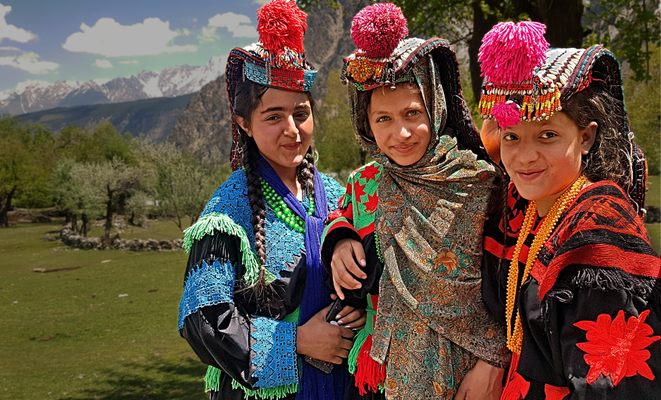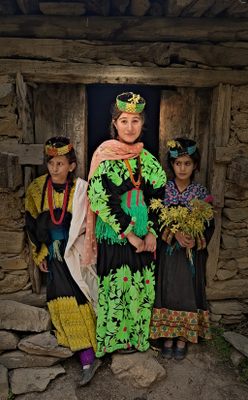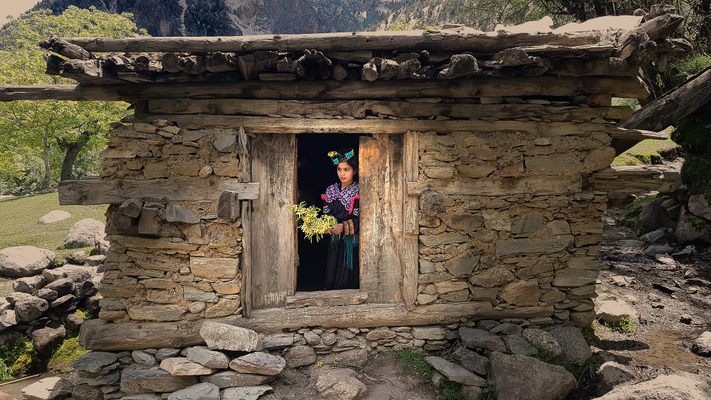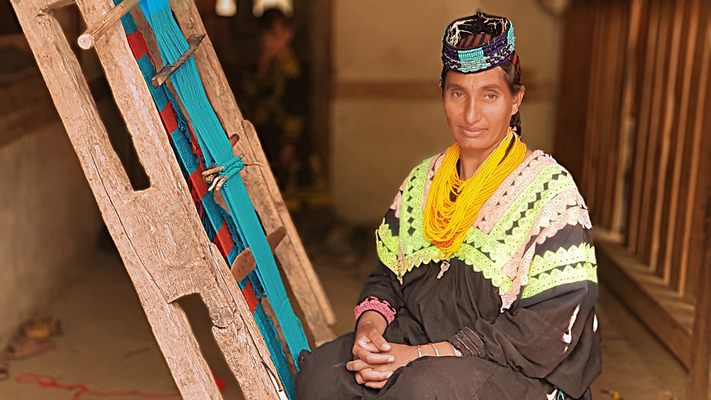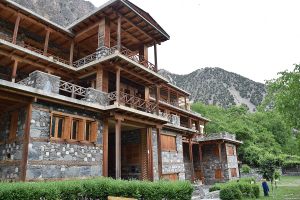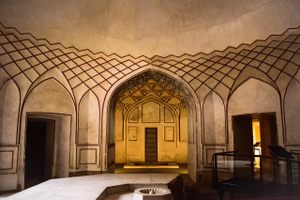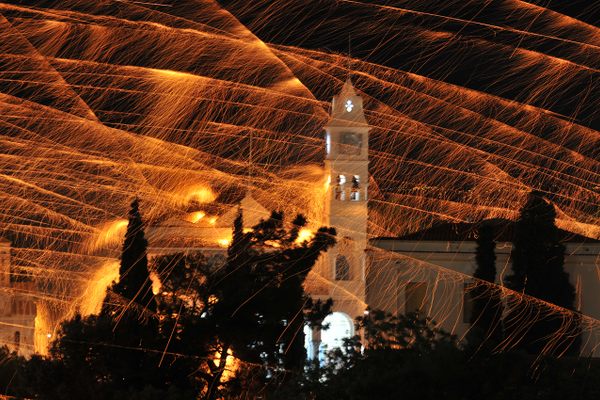About
In the devoutly Muslim lands of Pakistan, the presence of the pagans in the Kalasha Valleys is quite an anomaly. The three valleys of the Kalash people—Bumburet, Rumbur, and Birir—form a cultural island where ancient traditions and pagan beliefs have managed to sustain themselves throughout time, in a land locally known as Kafiristan, the “Land of the Non-Believers”.
The origins of the Kalash people remain mysterious, but it's generally believed that the Kalash are descendants of Alexander the Great’s army, which seized the region in the third century BC; however, genetic research could not pinpoint their beginnings.
The culture of the Kalash people is highly complex, comprised of a belief-system with a multitude of gods and is characterized by rigorous rules regarding taboos, religious ceremonies and animal sacrifices. One of the most unique features of the Kalash people is their relationship with periods. Women retreat into a wooden hut called a Bashali and they can not be touched by others during this time.
Since the three valleys are extremely remote, they have more or less successfully resisted Islamization, unlike the Kalash in neighboring Afghanistan, who were forced to convert to Islam in 1893.
Pakistan’s government often uses the colorfully dressed Kalash people to demonstrate the diversity of the country. However, today the Kalash people face enormous pressure from surrounding Islamic communities who are pushing toward Islamization of the valleys, one of the valleys already having a Muslim majority. That, coupled with the fact that the valleys are in a region where the Pakistani government has de-facto no control, makes the future of the ancient culture of the Kalashas unknown.


